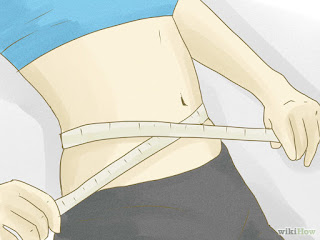The "Eating Clean" Diet Reviewed

Forget counting calories. Your ticket to a lean, healthy body is “eating clean,” says Tosca Reno, author of The Eat-Clean Diet series. She means eating foods -- like lean protein, good-for-you carbs and fats, fresh fruits, and vegetables -- six times a day in the right amounts. Do that, drink lots of water, and exercise regularly, and Reno says you’ll turn your sluggish metabolism into a fat-burning machine. Dedicate yourself to the clean eating lifestyle, and you’ll lose about 3 pounds a week, Reno says. The benefits go beyond weight loss. You'll stay healthy and have more energy. Your eyes will look bright and alert. Your teeth and gums will be healthier. Your skin will glow. Oh, and did we mention you won't be hungry? “When you Eat Clean, the benefits are visible (and perceptible to you on the inside, too) from the top of your head to the tips of your toes,” Reno writes in The Eat-Clean Diet Recharged! The Eat-Clean philosophy is that nutrition is far more important





